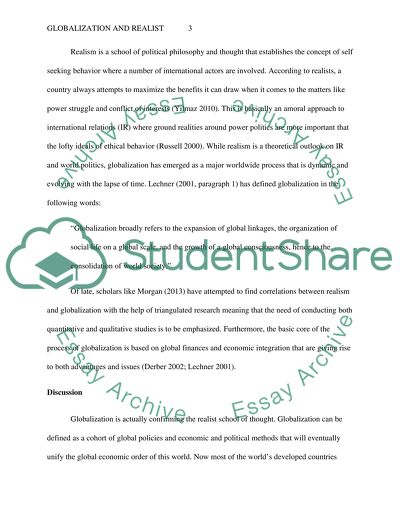Cite this document
(“Is Globalization a Challenge to or Confirmation of Realism In What Essay”, n.d.)
Retrieved from https://studentshare.org/social-science/1640885-is-globalization-a-challenge-to-or-confirmation-of-realism-in-what-ways
Retrieved from https://studentshare.org/social-science/1640885-is-globalization-a-challenge-to-or-confirmation-of-realism-in-what-ways
(Is Globalization a Challenge to or Confirmation of Realism In What Essay)
https://studentshare.org/social-science/1640885-is-globalization-a-challenge-to-or-confirmation-of-realism-in-what-ways.
https://studentshare.org/social-science/1640885-is-globalization-a-challenge-to-or-confirmation-of-realism-in-what-ways.
“Is Globalization a Challenge to or Confirmation of Realism In What Essay”, n.d. https://studentshare.org/social-science/1640885-is-globalization-a-challenge-to-or-confirmation-of-realism-in-what-ways.


